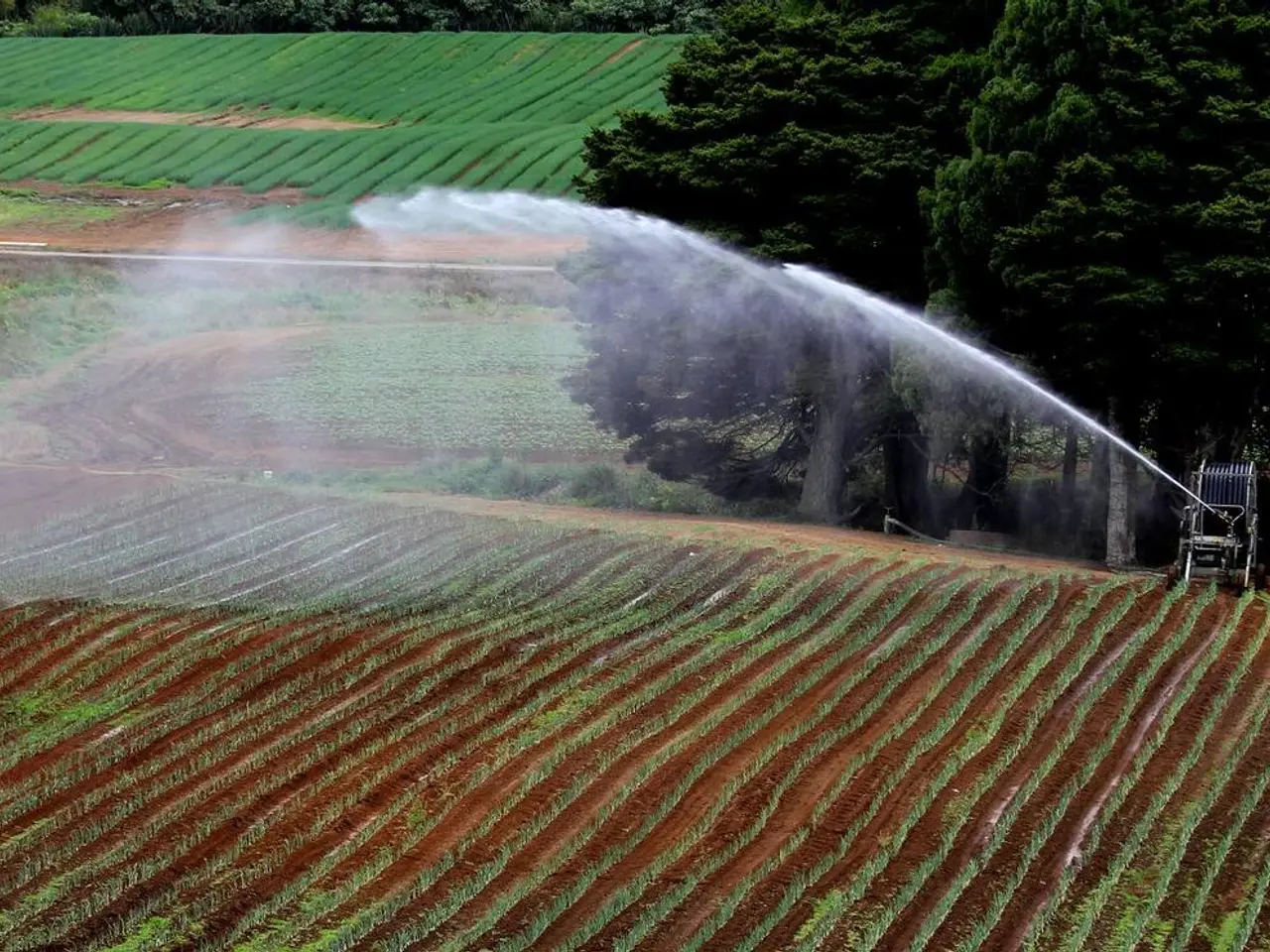AI Technology Boosts Agriculture Productivity by 28.1%
The world of agriculture is undergoing a significant transformation, with generative AI playing a pivotal role in shaping its future. This technological revolution is propelled by several key factors, driving a rapidly expanding market with far-reaching implications for agricultural efficiency, global food security, rural economies, and environmental sustainability.
Key Players and Market Segmentation
Prominent players in the generative AI market for agriculture include AgroScout, Bayer AG, Carbon Robotics, Deere & Company (John Deere), DeepAgro, IBM Corporation, KissanAI, Microsoft Corporation, Agmatix, Syngenta Group, and numerous others. The market is segmented primarily into crop management, pest and disease control, soil health monitoring, and other applications. Smallholder farmers, large-scale agricultural enterprises, and agricultural research institutes constitute the primary end-users of these advanced AI solutions.
Market Growth and Trends
The generative AI market in agriculture is experiencing a compound annual growth rate (CAGR) of around 28%, with projections reaching over USD 2.7 billion by 2034. This growth is notably driven by the adoption of generative AI-powered robotics and automation, which held nearly 39% of the market share by 2024.
Generative AI enables fully automated farming operations, from planting to harvesting and field maintenance, significantly enhancing productivity and reducing labor costs. Indoor and urban farming, combined with generative AI, is transforming traditional agriculture by enabling hyper-personalized crop management and decentralized food production, reducing supply chain emissions and improving food security.
Global Impact
The growth of generative AI in agriculture supports food security and rural economic development, essential for both developed and developing nations. Automation helps alleviate labor deficits in agriculture, improving operational efficiency and reducing costs in key agricultural economies. The digital transformation driven by generative AI fosters growth in agri-tech sectors, stimulates rural digital economies, and creates new business opportunities across supply chains.
Sustainability improvements reduce environmental impacts, helping countries meet climate goals and regulatory compliance, thereby aligning agriculture with broader economic and environmental policies. Enhancing agricultural productivity and sustainability is a transformative shift in how agriculture contributes to the global economy.
Recent Developments
Recent developments in the generative AI market include the launch of an AI-powered crop monitoring system, funding for AI-driven pest control solutions, partnerships for AI tools for soil health optimization, the introduction of an AI system for improving irrigation efficiency, and the development of an AI-powered automated farming robot. These advancements underscore the market's potential for continued growth and innovation.
In summary, the growth of generative AI in agriculture is propelled by crop yield needs, labor shortages, climate adaptation, digital integration, sustainability demands, and tech innovation, driving a rapidly expanding market with significant positive effects on agricultural efficiency, global food security, rural economies, and environmental sustainability worldwide. This represents a transformative shift in how agriculture contributes to the global economy.
In the realm of technology and business, personal-finance opportunities are arising as the generative AI market for agriculture experiences a CAGR of around 28%, with projections reaching over USD 2.7 billion by 2034. Investing in key players such as AgroScout, Microsoft Corporation, and Syngenta Group could prove fruitful, given their role in shaping the future of agriculture through AI solutions. The segmentation of the market, with a focus on applications like crop management and pest and disease control, provides diverse avenues for personal-finance growth.




